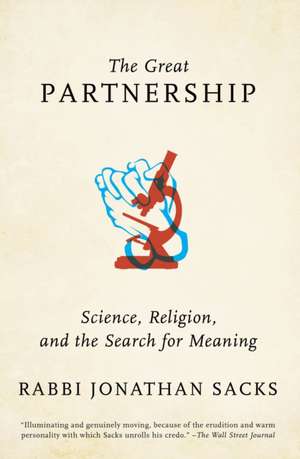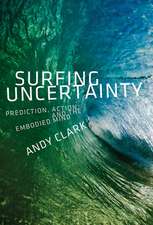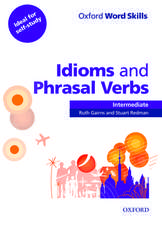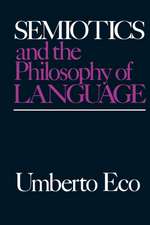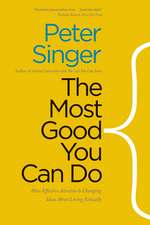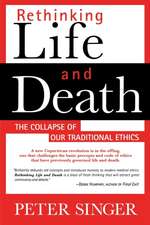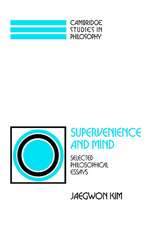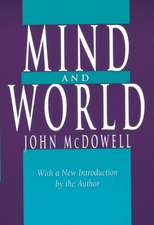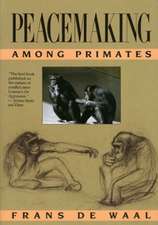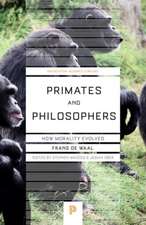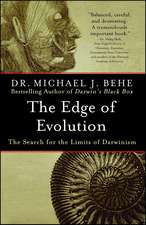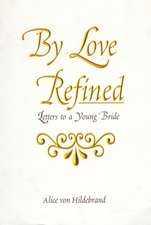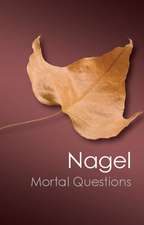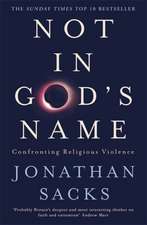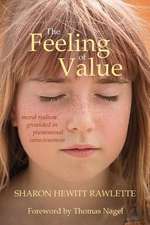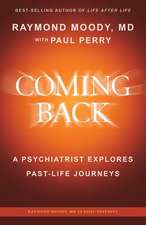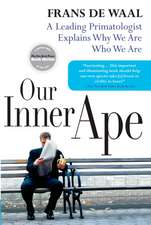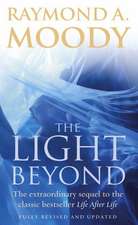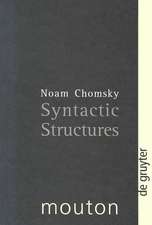The Great Partnership: Science, Religion, and the Search for Meaning
Autor Jonathan Sacksen Limba Engleză Paperback – sep 2014
Impassioned, erudite, thoroughly researched, and beautifully reasoned, "The Great Partnership"argues not only that science and religion are compatible, but that they complement each other and that the world needs both.
Atheism deserves better than the new atheists, states Rabbi Jonathan Sacks, whose methodology consists of criticizing religion without understanding it, quoting texts without contexts, taking exceptions as the rule, confusing folk belief with reflective theology, abusing, ridiculing, and demonizing religious faith and holding it responsible for the great crimes against humanity. Religion has done harm; I acknowledge that. But the cure for bad religion is good religion, not no religion, just as the cure for bad science is good science, not the abandonment of science. Rabbi Sacks s counterargument is that religion and science are the two essential perspectives that allow us to see the universe in its three-dimensional depth. Science teaches us where we come from. Religion explains to us why we are here. Science is the search for explanation. Religion is the search for meaning. There have been times when religion tried to dominate science. And there have been times, including our own, when it is believed that we can learn all we need to know about meaning and relationships through biochemistry, neuroscience, and evolutionary psychology. In this fascinating look at the interdependence of religion and science, Rabbi Sacks explains why both views are tragically wrong.
***National Jewish Book Awards 2012, Finalist***
Dorot Foundation Award for Modern Jewish Thought and Experience"
Preț: 156.68 lei
Nou
29.98€ • 32.06$ • 24.100£
Carte indisponibilă temporar
Specificații
ISBN-10: 0805212507
Pagini: 370
Dimensiuni: 130 x 201 x 33 mm
Greutate: 0.39 kg
Editura: SCHOCKEN BOOKS INC
Notă biografică
Descriere
Writing with his usual grace and fluency, Jonathan Sacks moves beyond the tired arguments of militant atheists such as Dawkins' The God Delusion and Hitchens' God is Not Great, to explore how religion has always played a valuable part in human culture and far from being dismissed as redundant, must be allowed to temper and develop scientific understanding in order for us to be fully human. Ranging around the world to draw comparisons from different cultures, and delving deep into the history of language and of western civilisation, Jonathan Sacks shows how the predominance of science-oriented thinking is embedded deeply even in our religious understanding, and calls on us to recognise the centrality of relationship to true religion, and thus to see how this core value of relationship is essential if we are to avoid the natural tendency for science to rule our lives rather than fulfilling its promise to set us free.
